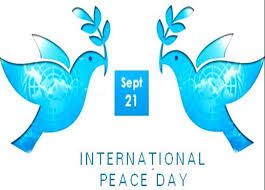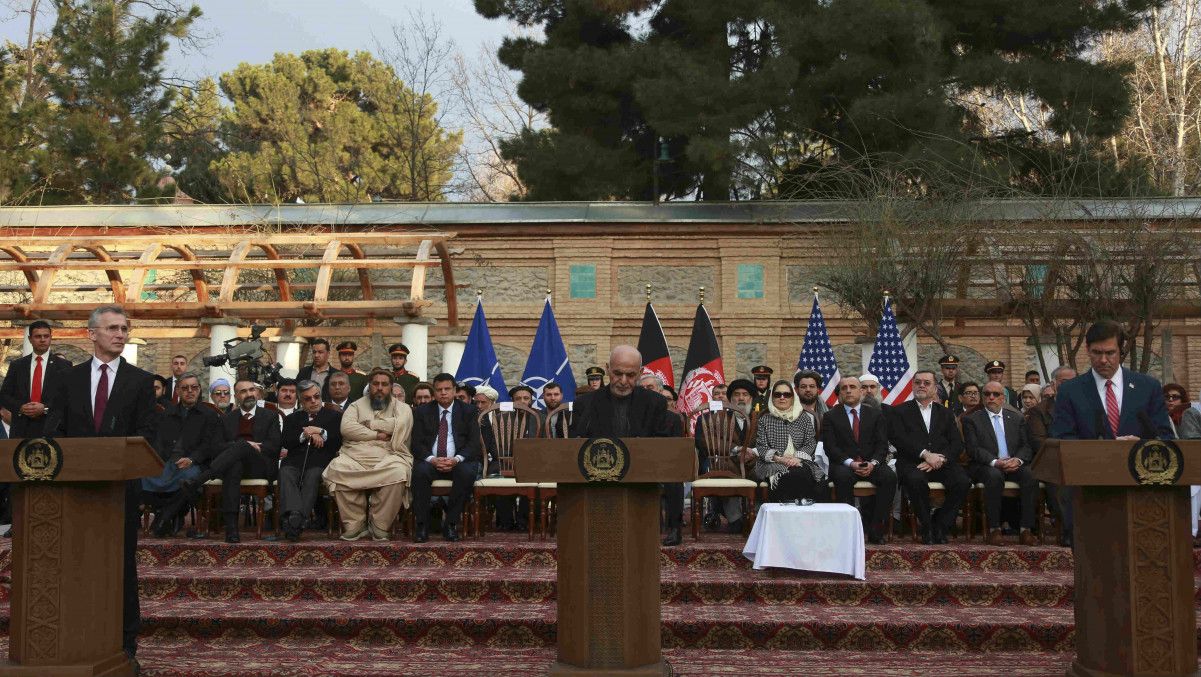
Introduction
JWC Peace Research Foundation was established by Li, Jin Wei on International Peace Day on September 21, 2015, in Canada.
JWC Peace Research Foundation is an independent, non-government, and non-profit international folk think tank.
JWC Peace Research Foundation's main task is to study the causes of major armed conflict, war size and major regions of the global,which conflict and war destruction of human society, in order to avoid conflict and war, maintain and defend world peace through the various study and put forward relevant proposals for peace-related aspects of reference, also by the relevant United Nations bodies and concerned appeal of armed conflict or war-related aspects of restraint and stop military actions and the phasing out of hostilities and for various diplomatic peace efforts.
JWC Peace Research Foundation also studies the major issues of world peace and development, in particular for the development of peace and development of the developing countries.

Current Event

US, Taliban Sign Historic Afghan Peace Deal
The United States and the Afghan Taliban signed a peace agreement in Doha, the capital of Qatar, on February 29, aiming to end the United States in Afghanistan for 18 years, which is also the United States' longest war.
The signing of the peace agreement may help President Trump realize his campaign promise to reduce "endless wars." According to the agreement, the United States will begin to withdraw thousands of troops from Afghanistan in exchange for the Talibaní»s promise to prevent Afghanistan from becoming a base for terrorist attacks. If the Taliban keep their promise, all US troops will be withdrawn within 14 months.
After the terrorist attack on September 11, 2001, the United States led the international forces to break into Afghanistan with the support of the United Nations and overthrew the Taliban regime that harbored Bin Laden and Al Qaeda that launched the 9/11 terrorist attacks.
The United States spent 750 billion U.S. dollars on the war in Afghanistan, and all parties lost tens of thousands of lives.
According to the agreement, the United States will reduce the current approximately 13,000 garrisons, but still retain 8,000 troops to ensure that the Taliban fulfill certain anti-terrorism conditions.
China Opposes US Exit of Medium-Range Missile Treaty and Opposes Treaty Multilateralization
Chinese Foreign Ministry spokesman Yan Shuang 20190202 said that China opposes the US withdrawal and also opposes any new treaty that includes China.
When asked if China agreed to negotiate a new multilateral arms control treaty to replace the Medium-Range Missile Treaty, Yan Shuang clearly expressed his opposition, saying that the multilateralization of the Medium-Range Missile Treaty involves a series of political, military, legal and other complexities. The problem is that many countries are concerned about this.
The Medium-Range Missile Treaty between the United States and Russia is the first international arms control treaty since the Cold War that banned all types of weapons, especially ground-based cruise missiles with a maximum range of 5,500 kilometers.
The United States accuses Russia of continuing to violate the treaty for a long time. In addition, another reason for the withdrawal of the United States is that the United States is concerned that China, which has not joined the treaty, will gain military advantage by deploying missiles with a range exceeding the limits of the treaty.
A US-China Economic and Security Review Committee published a report on the 28th of last month, stating that the treaty has strict restrictions on missile development in the United States and Russia, but China, which is not subject to treaty, can rapidly expand its missile arsenal. The report said that China opposes the US withdrawal from the medium-range missile treaty and also opposes the inclusion of China in the treaty.
Putin announces suspension of implementation of medium-range missile treaty
Russian President Vladimir Putin 20190202 stated that Russia will suspend its obligations under the Medium-Range Missile Treaty and respond to the same decision announced by the United States one day ago. On the same day, Russian television broadcasted a tripartite meeting between Putin and the Russian Foreign Minister and Defense Minister. Putin said at the meeting that Russia no longer negotiates with the United States on restricting nuclear weapons.
The United States announced the suspension of the US-China missile treaty obligations signed with Russia the day before (February 1), and will officially start the exit procedure on February 2. President Trump's statement on the White House website said that Russia has long violated the medium-range missile treaty with impunity and developed and deployed a missile system that was banned from direct threats to the United States and its allies. The statement said, "Unless Russia re-complies with the treaty and destroys all missiles, launchers and related equipment that violate the provisions of the treaty, the (exit) procedure will be completed within six months."
However, Russia has always insisted that it does not violate the medium-range missile treaty. Russian Foreign Minister Lavrov reiterated today's allegations by Russia that Washington has been violating this treaty for many years. Putin said at the meeting that Russia will seek to develop medium-range missiles in response to what he said about similar practices in the United States. However, he told the two ministers present that Russia "will not be involved in the costly new arms race."
According to a report by the Russian Satellite News Agency on February 2, Russian Foreign Ministry spokesman Zaharova said that the United States has not yet submitted evidence of Russia's violation of the medium-range missile treaty.
European leaders expressed concern about the consequences of the treaty's suspension and called on Russia to resolve the issue before the US officially withdrew in August.
The Medium-Range Missile Treaty, signed in 1987, prohibits the manufacture, testing, and deployment of land-based cruise missiles and ballistic missiles with a range of between 500 and 5,500 kilometers.
